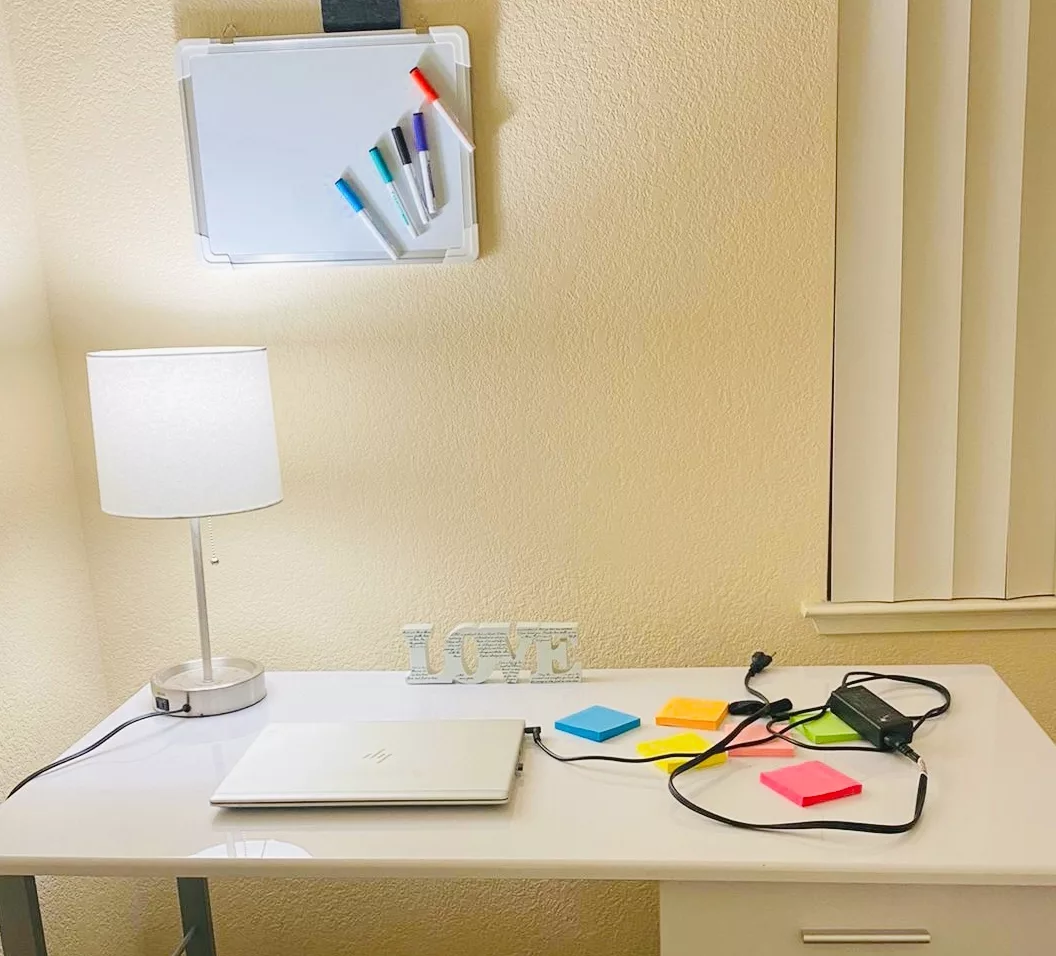
I’ve been in the corporate world for more than 17 years and have been a Business Analyst for more than 14 years. As a Business Analyst, I’ve worked with different teams and team members with different personalities.
I want to share some of the lessons I learned the hard way and wish I had known them before I started to work:
1) Listening
As a person who is an extrovert, I try to process things aloud, and it can come across to others as not listening to what they are saying. As a Business Analyst, it is very important to listen to what the stakeholders are saying so we can help recommend solutions to their problems. Our company does a 360 review every year, and based on that review a few years ago, I learned that some stakeholders I worked with did not feel heard. I was so focused on sharing my opinion that I missed hearing their challenges and needs. I was surprised that I was doing that and was determined to make changes. We often ‘listen to speak’ and not ‘listen to understand.’ That means when someone is speaking, we are already thinking about how to respond instead of focusing on what they are saying. I went through some LinkedIn training about the topic ‘Active Listening’ that helped me learn some nuggets I could apply at my job.
Some of the nuggets I learned from the training include the following:
• Listen with empathy
• Listen to understand
• Paraphrase mentally what you have learned
• Ask for clarification if you don’t understand someone
• Honor silence
• Use facial expressions like smiling, leaning in, making eye contact, and head tilting
The ‘Active Listening’ skill cannot be learned in one day but requires a lot of practice. When we apply it every day at work and in our personal lives, it slowly becomes a habit. Once I started using these nuggets, the stakeholders started to feel heard, and I started to build a relationship with them. This also helped me advance in my career. I got reminded about this Bible verse that encourages us to listen. According to James 1:19, “You know this, my beloved brothers and sisters. Now everyone must be quick to hear, slow to speak, and slow to anger” (New American Standard Bible).
2) Serving
In our company, we are always encouraged by the concept called ‘servant leadership.’ A couple of years ago, we read a book on the topic, “The Servant Leader” by Ken Blanchard and Phil Hodges. The book discusses the difference between ‘self-serving leaders and ‘servant leaders. According to Blanchard and Hodges (2003), “One of the quickest ways you can tell the difference between a servant leader and a self-serving leader is how they handle feedback. One of the biggest fears of self-serving leaders is losing their positions. Servant leaders, however, look at leadership as an act of service” (p. 17-18).
As Business Analysts, we must come alongside the business and help them with their processes. The mindset of a Business Analyst should be to serve others rather than tell them what to do. Serving involves seeing what the other person wants rather than what I can get out of it. That also means there are times when the business might not need our help, and we need to be ok with that. We need to learn when to step in and when to step back and provide training so that businesses can do it without our help. Serving also means empathizing with the business’s challenges and helping them with recommendations to solve problems.
3) Collaboration
Another important lesson I learned was to be open to collaborating with people who think differently than me. We need to have the humility to admit that we are not always right. There is always a better way to do things; we can all learn from others. According to James 4:6, “But He gives a greater grace. Therefore it says, “God is opposed to the proud, but gives grace to the humble” (New American Standard Bible). When I used to work for consulting companies in the past, I learned to be independent. There wasn’t a lot of need for collaboration, and they were more interested in the results than collaboration.
In my current job, a lot of importance is given to collaboration and working together as a team. It was a bit of an adjustment initially when I joined. For example, one of the processes requires all documentation created within the team to go through peer review before sharing it with other departments. I initially took it personally when there were red lines on the documentation I had created. Soon I understood that incorporating others’ perspectives and feedback in the documentation can help our department provide high-quality products. There might be some ideas that I might not have thought about. These days I look forward to collaborating with others because I always learn something new from others.
4) Communication
All team members in our organization are given the opportunity to do an assessment called DISC that will help us determine our personalities. This assessment is a great way to know about ourselves and others on the team. The assessment also gives some ideas for communicating with others. Companies use other personality assessment tools Myers Briggs, 16Personalities, etc. Every stakeholder or team member is different, and we need to adjust our communication style depending on their personality. For example, when I have a stakeholder who is an extrovert, I try to have a casual conversation about life or family at the beginning of the meeting before I get into the meeting agenda.
On the other hand, if I meet someone who is an introvert, I won’t spend too much time socializing but jump right into the agenda. This is a great skill to have even if you are not a Business Analyst because every person we work with is different. It may not be effective if we use the same communication style to communicate with everyone. This also applies to the documentation we create; we can adjust the writing style depending on the audience. For example, the writing style used for writing a user guide for Business will be very different from a software development team’s requirements document.
5) S (Situation) + R (Response) = O (Outcome)
This is one of my favorite concepts I learned at work that I try to apply at work and in my personal life. We often face a situation at work or in our personal life that could bring conflict with our boss, a stakeholder, or our family. We don’t usually have control over how the other person reacts to that situation, but we have control over how we ‘respond’ to that situation. I have the ability to not react in those situations, and that can help with the outcome.
References
Blanchard, K. H., & Hodges, P. (2003). The servant leader: transforming your heart, head, hands, & habits. Thomas Nelson, Inc.
![]()

Nice work Priscilla!